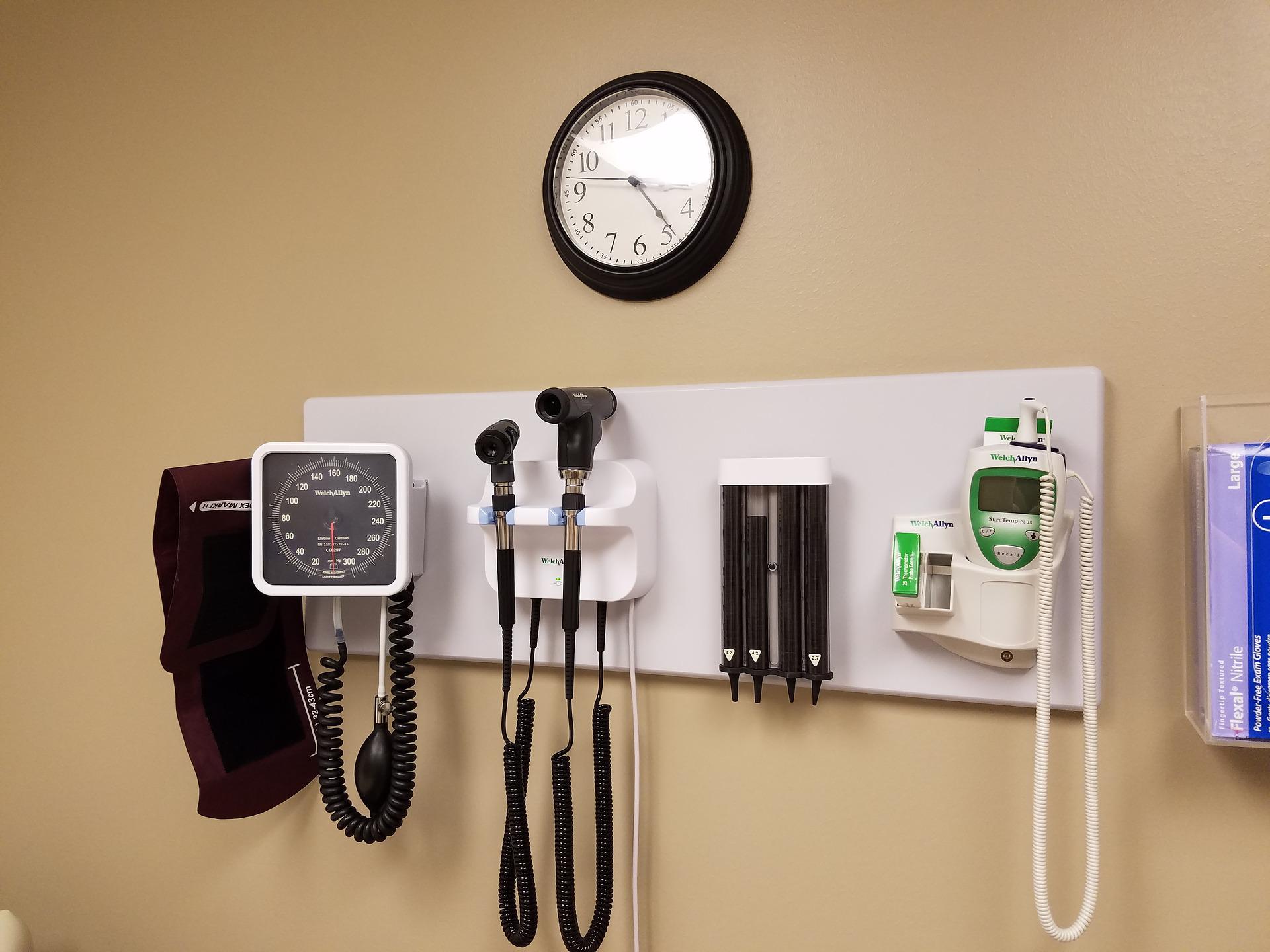Everyone knows that going to the doctor can be scary. But for most people, a checkup is just another day at work—an opportunity to take care of your body and keep it running smoothly. In other words, it’s not so bad! But what if you had to go? What would you do? Would you know what questions to ask and how to answer them? Would you know what tests are recommended and how often they should be done? And how would you feel about the experience afterwards? If so, then this article is for YOU!
Table of Contents
What is a full body Medical Checkup?
A full body checkup is a comprehensive examination that takes a closer look at your whole body and your health. This is a different kind of exam compared to a basic physical. The main purpose of a full body checkup is to evaluate your overall health and the health of the major organs, including the heart, lungs, thyroid, liver, and more. These tests can also help detect if you have specific diseases or conditions, such as diabetes, cancer, or chronic lung disease. The benefits of a full body checkup include early detection of certain health issues, and a better overall understanding of your risk factors. You might even discover ways to prevent or manage health conditions before they get worse.
Blood Test
A blood test examines your blood cells to check for blood-related conditions like diabetes, anemia, and thyroid disease. If you’re under 40, this test should be the first one in your checkup. Determining your blood type is important if you have a medical condition that involves the blood like anemia or diabetes. If you’re at a high risk for blood clots, you might also get a blood test to check for this condition. This can help prevent a potentially deadly condition.
Urine and Saliva Tests
These tests examine your urine and saliva for signs of diabetes and cancer. Your doctor wants to make sure your urine is clear and your risk for developing kidney stones is low. Saliva tests look for signs of diabetes, such as increased yeast in the mouth. Insulin resistance is a condition where your body doesn’t use insulin as well as it should, which can lead to diabetes. A urinalysis test looks for signs of kidney disease, such as kidney stones, protein in the urine, and blood in the urine. Urine tests also indicate if you might have a urinary tract infection (UTI).
ECG
An electrocardiogram, or ECG, is a test that records the electrical activity of your heart. It’s often recommended as part of a full body checkup to check for heart conditions like heart disease, ischemic heart disease, or arrhythmia. An ECG might also be used to detect heart defects in newborns. A Holter monitor is an ECG recording that follows a patient’s heart action continuously for one 24-hour period. These monitors are helpful for people with certain health conditions, like amiodarone toxicity, who need to continuously monitor their heart function. If you do not have time for an elaborate ECG at a hospital, you can get ECG at home services from your local testing labs.
X-Ray
A chest x-ray looks at bones and cartilage in the chest to check for diseases and conditions like pneumonia, lung cancer, ulcer, heart disease, and kidney stones. A spine x-ray is recommended every few years to detect bone diseases and injuries. An abdominal x-ray looks for signs of kidney disease, pancreatic cancer, liver disease, and more. A head x-ray can indicate if you have a brain tumor, aneurysm, or a congenital malformation like aneurysms or malformations in the skull.
Lipid profile
A lipid profile looks at your cholesterol, triglycerides, and fats in your blood. If you’re over 40, you might be recommended to have this test done every few years. Cholesterol is a type of fat that helps your body build cells and hormones, but it can also build up in the blood and affect your heart, liver, and brain. Triglycerides are a type of fat that circulates in the blood and is linked to heart disease and diabetes.
Conclusion
A full body checkup is a great way to get a comprehensive health check from your doctor. These tests can help detect health issues and discover risk factors for diseases. If you’re ever in doubt about what to do next, or if you’re just not sure if you should get a checkup, then a full body checkup is a great place to start. These tests are generally recommended for everyone, and they don’t have to be scary or invasive. With a little planning, you can make your doctor’s visit a positive experience. And you can feel confident that you’re taking care of your body and staying healthy.

